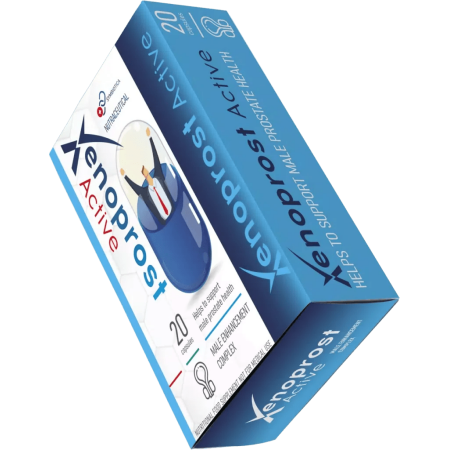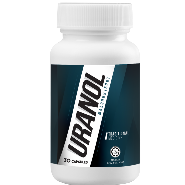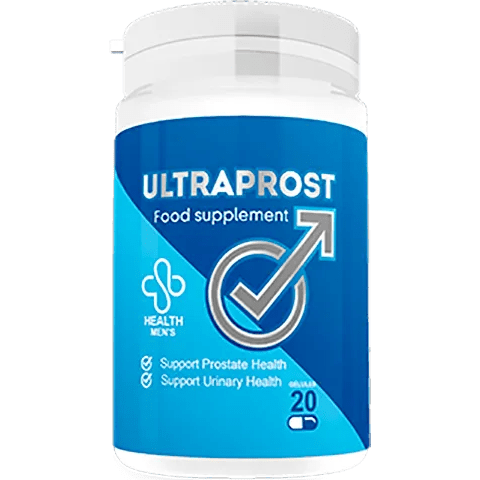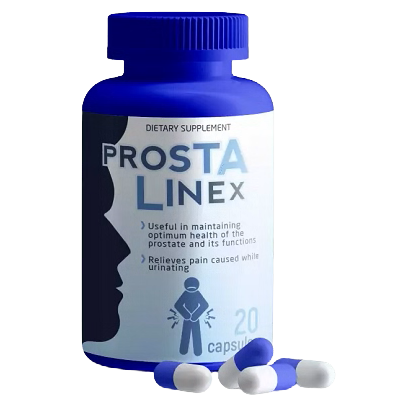
Prostatitis is a common genitourinary condition that affects men of all ages. This disease can be either acute or chronic and is characterized by the inflammation or swelling of the prostate gland – a small gland that produces seminal fluid. Although not life-threatening, prostatitis can cause a range of unpleasant symptoms that significantly affect a man’s quality of life. We will now explore the different types of prostatitis, the causes, and the symptoms of this condition. We will also provide our readers with useful information regarding the herbal ingredients and treatments that can actively restore male potency and prostate health.
Top Products for Prostatitis
Prostatitis – Types
There are 4 types of prostatitis. Here, we are going to take a look at each one of them to help you understand the differences in their nature and main specifics.
- Acute bacterial prostatitis – This type is the least common and lasts a short time. It can also be a life-threatening condition if left untreated. This is the easiest type of prostatitis to diagnose;
- Chronic bacterial prostatitis – Its symptoms are less intense and develop over several years. It is more likely to affect young and middle-aged men and cause recurrent urinary tract infections.
- Chronic prostatitis – This condition is also called Chronic Pelvic Pain Syndrome and it causes pain and discomfort around the groin and pelvic area. It can affect men of all ages;
- Inflammatory (asymptomatic) prostatitis – in this case, the prostate is inflamed, but there are no symptoms. It is usually discovered when a doctor diagnoses another problem.
How to Protect the Prostate Gland from Hyperplasia and Prostatitis – Herbs, Food, and Other Working Methods
Causes of Prostatitis
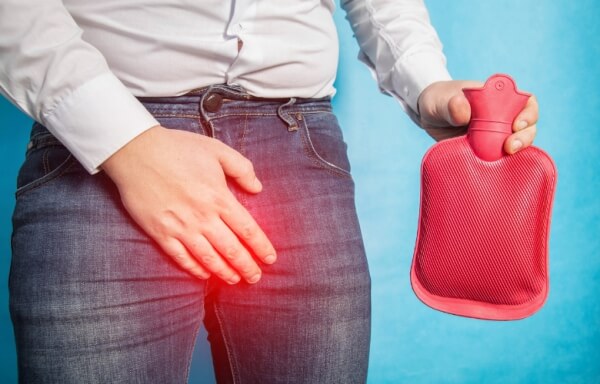
The exact cause of prostatitis is not always clear. However, in some cases, it can be caused by a bacterial infection, particularly in the case of acute and chronic bacterial prostatitis. In other cases, it may be due to an injury to the prostate gland or a blockage in the urinary tract. Chronic non-bacterial prostatitis, the most common type of prostatitis, is thought to be caused by a combination of factors, including stress, anxiety, and muscle tension.
Symptoms & Unpleasant Sensations
The symptoms of prostatitis can vary because of the different types of the disease. For instance, acute bacterial prostatitis typically comes on suddenly and can cause symptoms such as fever, chills, and difficulty urinating. Chronic bacterial prostatitis may trigger these sensations too but they tend to be less severe and may come and go over time. Chronic non-bacterial prostatitis is mostly associated with sharp pain in the pelvic area, lower back, and perineum (this is the zone between the anus and scrotum). Asymptomatic inflammatory prostatitis typically does not cause any symptoms.
The summarized list of symptoms associated with prostatitis includes:
- Burning sensation during urination;
- Frequent need to visit the bathroom;
- Abdominal pain, especially in the lower part;
- Difficult erection and ejaculation;
- Blood and/or pus in the urine;
- Pain during defecation;
- Pain in the lower back, around the thighs or genitals;
- Piercing pain between scrotum and anus;
- Severe pain during ejaculation;
- Watery discharge from the penis.
Herbs for Male Potency and Prostate Health
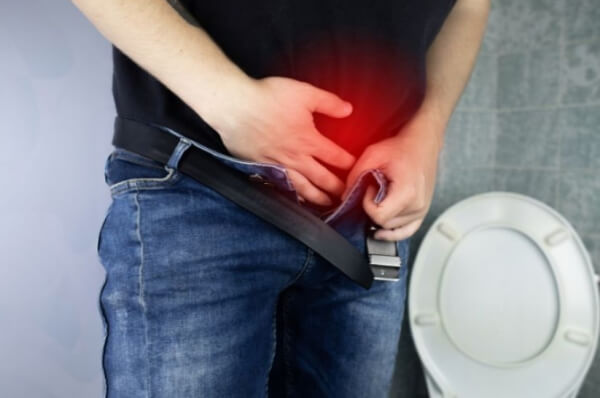
Several herbs can be used to promote male potency and prostate health. The important advantage of this treatment alternative is the fact that it usually doesn’t involve the presence of sudden and unpleasant side effects. Also, the regular intake of herbal supplements can provide prevention for the future.
The most beneficial herbs for male potency and prostate health are:
- Saw Palmetto – This herb is commonly used in cases of benign prostate hyperplasia. It also reduces the production of dihydrotestosterone (DHT). This hormone is proven to contribute to prostate enlargement processes in the male body;
- Stinging Nettle – Another powerful plant that successfully relieves the urge to urinate. Furthermore, this herb can also help in the treatment of an enlarged prostate gland;
- Pygeum – it neutralizes the unpleasant urinary symptoms associated with prostatitis. This is due to its significant anti-inflammatory properties;
- Ginseng – some historical medical reports explain that this herb has been used for centuries to improve sexual function and libido in men. It may also help to improve symptoms of prostatitis by reducing inflammation and boosting immune function;
- Turmeric – the plant has an undoubted anti-inflammatory action that relieves infection and prevents its progression in the body. It may also help to reduce pain and discomfort associated with prostatitis;
- Green Tea – it is rich in antioxidants and other valuable substances that promote male health and potency.
It is important to note that herbal remedies should not be used as a substitute for medical treatment. If you are experiencing symptoms of prostatitis, it is important to speak with a healthcare provider to determine the underlying cause and develop an appropriate treatment plan.
Other Tips for Prostate Health
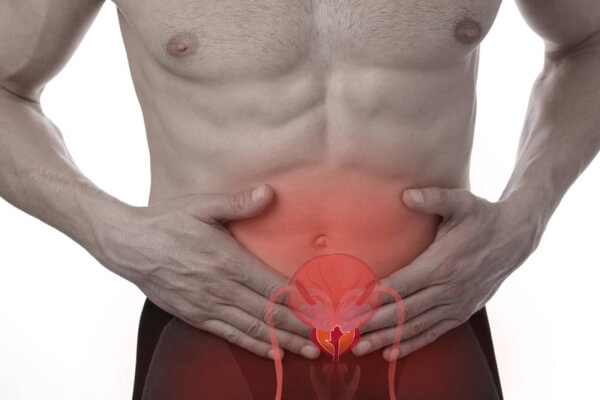
In addition to using herbs for male potency and prostate health, other lifestyle changes can help to promote prostate health and reduce the risk of developing prostatitis. These include:
- Maintaining a healthy diet – Eating a diet rich in fruits, vegetables, and whole grains can help to promote overall health and reduce the risk of prostate problems;
- Staying physically active – Regular exercise can help to reduce stress and improve overall health, which can help to reduce the risk of prostatitis;
- Avoiding alcohol and smoking – Alcohol and tobacco use can increase the risk of developing prostate problems, including prostatitis;
- Practicing good hygiene – Keeping the genital area clean and dry can help to reduce the risk of developing infections that can lead to prostatitis;
- Managing stress – Stress can contribute to the development of chronic non-bacterial prostatitis, so managing stress through relaxation techniques such as meditation or yoga can be helpful.
Prostatitis is a common condition that affects many men. Understanding the different types, causes, and symptoms of this condition is important to develop an appropriate treatment plan. In addition to medical treatment, using herbs for male potency and prostate health, and making lifestyle changes such as eating a healthy diet, staying active, and managing stress can help promote prostate health and reduce the risk of developing prostatitis. If you are experiencing symptoms of prostatitis, it is important to speak with a healthcare provider to determine the underlying cause and develop an appropriate treatment plan.

